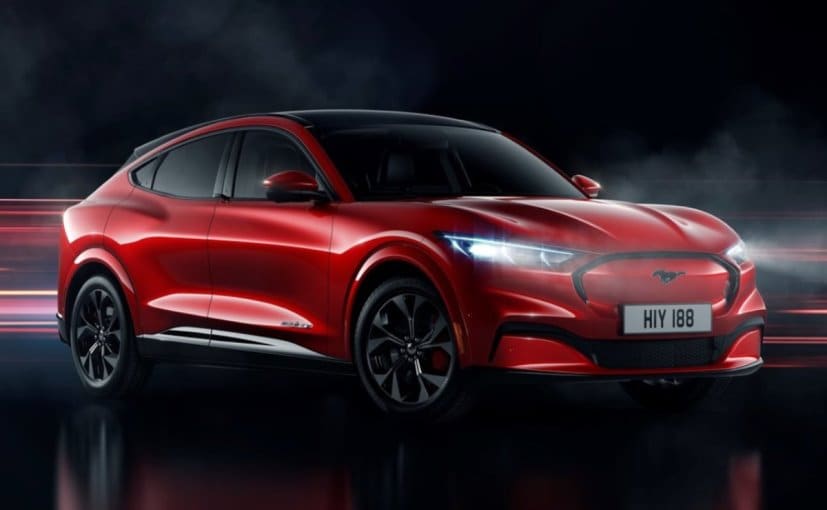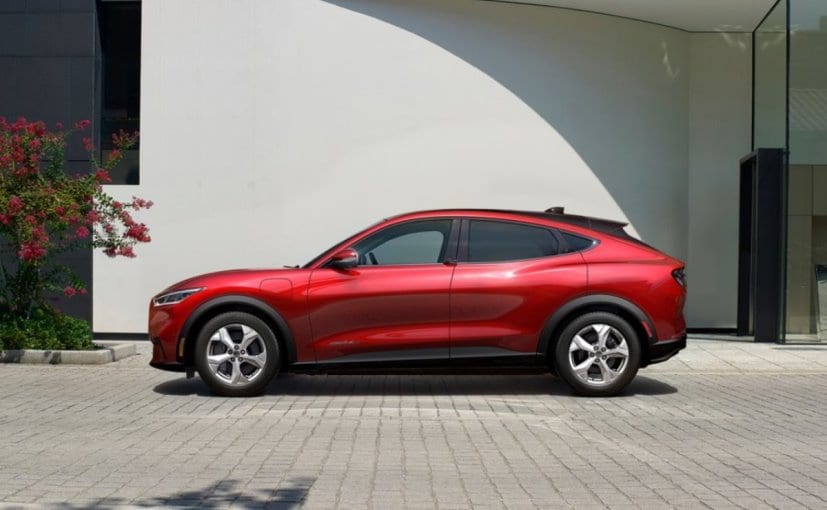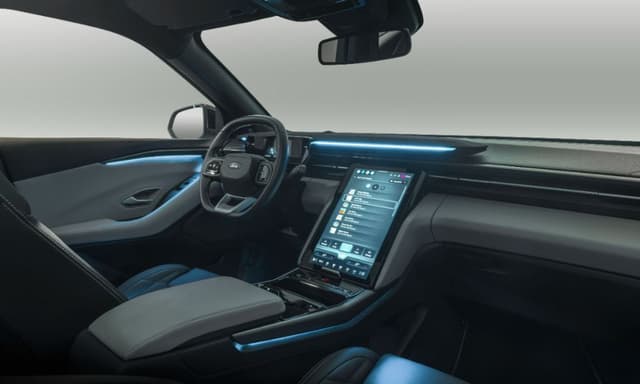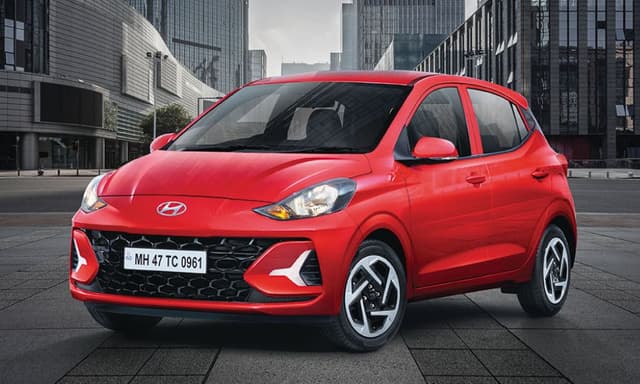Ford Mustang Mach-E: What We Know So Far

Highlights
- The Ford Mustang Mach-E borrows design cues from the iconic muscle car.
- The Mach-E will be offered with the option of two types of battery packs.
- It will debut Ford's new SYNC system integrated in a 15.5-inch screen.
An-all new Ford electric SUV was anticipated for almost a year while it's been on the company's cards for a fairly long time. However, it was only a week back that Ford shared its all-new Ford Mustang Mach-E will in fact be inspired by its very own muscle car, borrowing similar design cues. That said, it's an entirely new animal under the skin not only because it's electric, but for several other reasons. It gets the new chassis, plenty new-age features, new swanky interiors and even the overall silhouette is like any other modern coupe SUV from the house of, Lamborghini, Audi or BMW. Let's have a look at everything we know about this new SUV so far.
Also Read: Ford Mustang Mach-E Electric SUV Unveiled
Design

The Ford Mustang Mach-E adorns the silhouette of a modern day coupe SUV.
Any regular will take no time to identify the Mustang inspired looks of the new Mach-E. Elements like the long hood, muscular shoulder line, aggressive sleek headlights and tight rear haunches surely give it as imposing look and to sum it all it also gets the iconic tri-bar tail lamps which are synonymous to the Mustang. As we have already mentioned, the coupe-SUV design is not alien to us even in the electric space after seeing the Audi e-Tron and the Jaguar I-Pace.
Interior

The Ford Mustang Mach-E gets a 15.5 inch touchscreen system with the latest generation of SYNC connectivity.
The Ford Mustang Mach-E has been designed to seat five adults and offers 821 litres of boot space with all the seats up which can be expanded to 1688 litres by folding the rear seat. The cabin is finished in all-black and going by the pictures, you would get a very electric car like vibe inside the minimalist cabin which features less buttons and a humongous 15.5-inch touchscreen that gives you the command to a variety of features along with debuting the next-generation SYNC communication and entertainment system. Moreover, it features a premium Bang & Olufsen sound system where the speakers are integrated across the front and float above the air vents like a sound bar. Then you also see familiar elements like the double-cowl instrument panel that surround the interior.
Battery System

The Ford Mustang Mach-E will be offered with the option of two types of battery pack- a standard 75.7 kWh battery pack and a range extender 98.9 kWh battery pack.
The Ford Mustang Mach-E will get two types of battery packs on offer- the standard will be a 75.7 kWh lithium-ion battery and the extended range battery will be a 98.9 kWh lithium-ion unit. The battery is located on the floor between the axles and has been tested at temperatures as extreme as minus 40 degrees Fahrenheit. They are secured inside a waterproof battery case surrounded by crash-absorption protection and are liquid-cooled to optimize performance in extreme weather along with improving the charge time. The extended range battery and rear-wheel drive configuration in the Mach-E is expected to give a range of 483 kms while in the four-wheel drive is also expected to be on offer at the time of launch.
Drive

The Ford Mustang Mach-E will feature three drive modes - Whisper, Engage and Unbridled where all three will offer different driving dynamics.
Ford is targeting to bring on tap 327 bhp and 565 Nm of peak torque in the Mach-E with the extended range and all-wheel drive configuration. The American carmaker is planning to give competition to mainstream models like the Porsche Macan by achieving an under 4 seconds 0-96 kmph sprint in the standard Mach-E while the it aiming to achieve it in mid-3 seconds range in the GT performance version with 454 bhp and 830 Nm on tap. It will also feature three drive modes - Whisper, Engage and Unbridled where all three will offer different driving dynamics.
Braking And Electronics

The Ford Mustang Mach-E will be equipped with Brembo's performance Flexira aluminum calipers, which maintain the functionality of a fixed caliper.
Braking duties in the Mach-E will be handled by Brembo's performance Flexira aluminum calipers, which maintain the functionality of a fixed caliper while having the design and dimensions of a floating caliper. As far as features go, it gets e custom-designed vehicle responsiveness such as sportier steering controls, ambient lighting, sounds tuned for an authentic all-electric experience, and dynamic cluster animations that are tied to driving behaviour.
Latest News
- Home
- News
- Auto Industry
- Ford Mustang Mach-E: What We Know So Far














